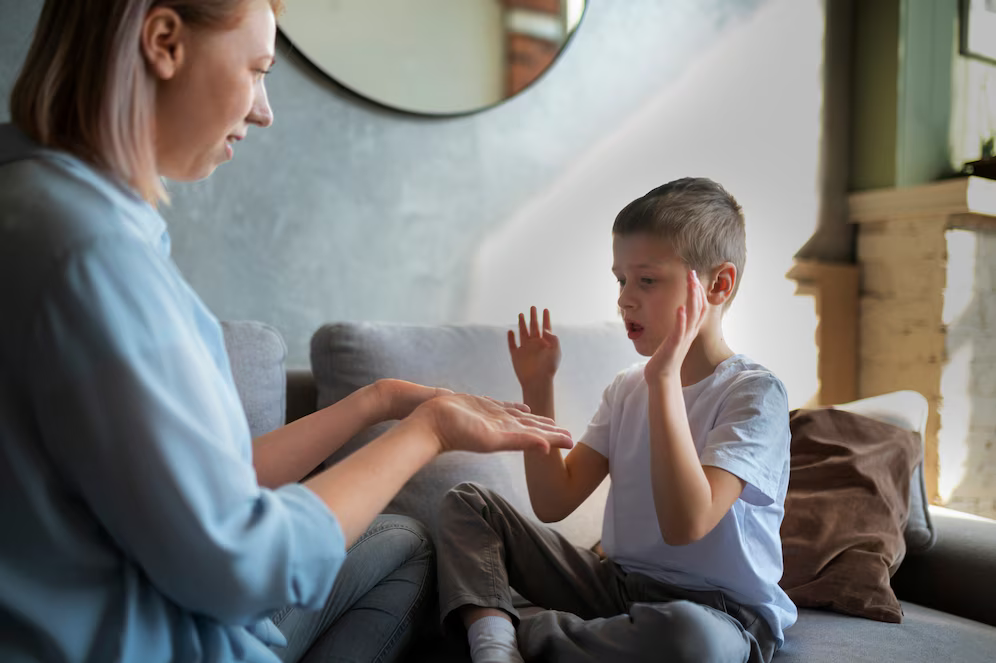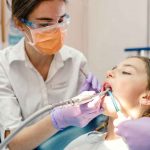
Mental health conversations have never been more accessible. Thanks to social media, people are talking about anxiety, depression, ADHD, and other mental health conditions in ways that were unheard of just a decade ago. Platforms like TikTok, Instagram, and Twitter have made information easy to digest, sometimes in bite-sized videos under a minute long.
But with this explosion of content, a new issue has popped up: self-diagnosis. People watch a video about someone’s ADHD symptoms, relate to them, and suddenly think, “That must be me.” And while spreading awareness is great, this trend raises some concerns. We recently talked with the people at Siren Training, who offer Mental Health First Aid Courses and Wellbeing Workshops, and they emphasised how important it is to balance online resources with real professional support.
So, what’s the deal with self-diagnosing through social media? Why are so many people doing it, and what are the risks? Let’s break it down.
The Rise of Mental Health Content on Social Media
It’s no secret that mental health struggles are more openly discussed now than ever before. A big part of that shift comes from social media. Platforms like TikTok and Instagram have normalised talking about mental health, and influencers sharing their personal experiences has helped remove some of the stigma.
Short-form content, especially TikTok videos, makes complex mental health topics seem simple and easy to understand. The algorithm is quick to pick up on what users engage with, meaning if someone watches a video about anxiety, they’re likely to get flooded with similar content. This is great for awareness but can also create an echo chamber where people start seeing symptoms everywhere.
Another reason mental health content thrives on social media is relatability. When creators describe their experiences with ADHD or depression, viewers might recognise similar patterns in themselves. But just because something sounds familiar doesn’t mean it’s an accurate diagnosis.

The Appeal of Self-Diagnosis
So why do people turn to social media instead of professionals? For starters, it’s free. Therapy can be expensive and hard to access, especially for young people. If someone is struggling with focus or mood swings and stumbles upon a TikTok explaining ADHD in a way that resonates, it feels like an easy answer.
Self-diagnosis also offers a sense of validation. Finding a label for what you’re experiencing can be comforting. It can feel like proof that your struggles are real, especially if you’ve felt dismissed by family, friends, or even past doctors. Plus, online communities can be incredibly supportive, offering a sense of belonging to those who feel misunderstood.
But the biggest factor? The internet has made us all amateur researchers. A quick Google search or a deep dive into Reddit threads makes it easy to gather information, but without medical training, it’s tough to sort accurate info from misleading content.
Risks and Consequences of Self-Diagnosis
While social media has made mental health topics more mainstream, self-diagnosis comes with risks. Here’s why it’s not always the best approach:
Misinformation and Oversimplification
Mental health conditions are complex, and symptoms can overlap across multiple disorders. A person experiencing trouble focusing might assume they have ADHD when it could be anxiety, sleep deprivation, or even a side effect of stress. Social media often presents symptoms in an oversimplified way, leading people to jump to conclusions.
Missing Underlying Issues
Self-diagnosis can cause people to overlook the bigger picture. Let’s say someone believes they have depression after watching TikToks about feeling numb and exhausted. While that might be true, what if their symptoms are actually due to a thyroid condition or vitamin deficiency? Only a professional can rule out medical conditions that might present with similar symptoms.
Self-Fulfilling Prophecy
Once someone starts identifying with a diagnosis, they might subconsciously reinforce those behaviours. If you believe you have social anxiety, you might start avoiding social interactions more, even if you never had severe issues before. This kind of reinforcement can make mild symptoms feel much worse than they actually are.
Over-Reliance on Online Advice
Social media can make people feel like they don’t need professional help. If a TikTok tells you that ADHD can be managed by simple life hacks like using timers and to-do lists, you might think you can handle it on your own. But without proper assessment, people might miss out on treatment options that could genuinely improve their quality of life.
The Role of Professionals and Mental Health Advocates
The good news? There are professionals out there working to bridge the gap between social media awareness and real mental health care.
Mental health advocates and therapists are increasingly joining platforms like TikTok and Instagram to provide more accurate information. Many of them encourage viewers to use social media as a starting point, not as a replacement for proper diagnosis.
Organisations like Siren Training stress the importance of speaking to a qualified professional before making any assumptions about your mental health. Their Mental Health First Aid courses focus on recognising symptoms but also emphasise that a true diagnosis should come from a doctor or therapist, not a social media post.

Striking a Balance: Using Social Media Responsibly for Mental Health Awareness
Social media isn’t the enemy. It’s actually doing a lot of good when it comes to making mental health discussions more accessible. The key is using it wisely. Here are some ways to engage with mental health content without falling into the self-diagnosis trap:
Practice Digital Literacy
Not all content creators are experts. Before taking any mental health advice seriously, check the source. Is the person sharing information a licensed psychologist or psychiatrist? If not, take it with a grain of salt.
Use Social Media as a Starting Point
If you relate to symptoms discussed online, consider it a sign to seek professional guidance—not a diagnosis. A therapist can help determine if what you’re experiencing is actually a mental health disorder or something else entirely.
Follow Professionals
Instead of relying on random influencers, look for licensed therapists, psychologists, or reputable mental health organisations on social media. Their content is far more likely to be evidence-based and informative.
Be Mindful of Algorithms
Social media platforms are designed to show you content that keeps you engaged. If you start interacting with mental health videos, your feed will be flooded with similar content, which can make you feel like everyone has the same condition you do. Take breaks and diversify what you consume online.
Talk to a Professional
If something resonates with you deeply, book an appointment with a mental health professional. Even a single session can provide clarity and help you figure out the next steps.
Final Thoughts
The internet has made it easier than ever to talk about mental health, which is amazing. But self-diagnosing based on social media posts can be risky. It’s great to learn more about yourself, but a real diagnosis should come from someone trained to look at the full picture.
Instead of relying on social media alone, let’s use it as a tool, one that raises awareness but doesn’t replace professional care. And if you ever feel like something’s off, reaching out to a professional is always the best move. You deserve real answers, not just a TikTok label.




